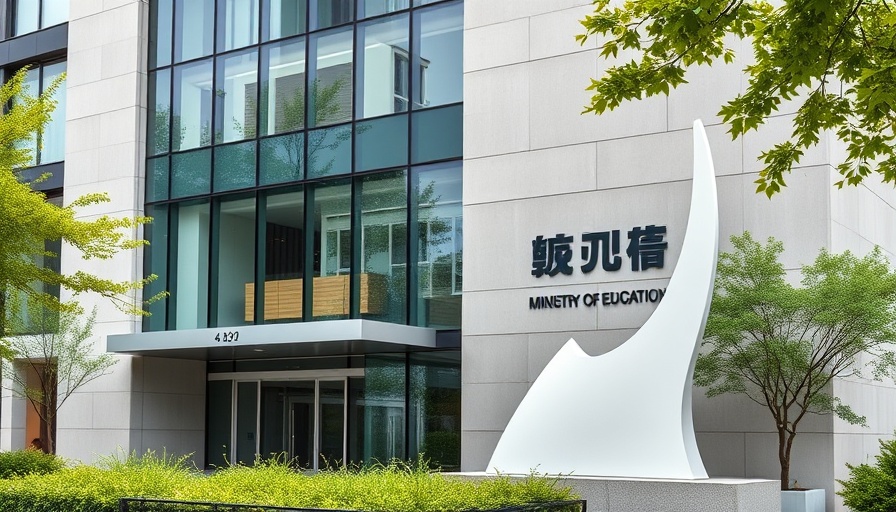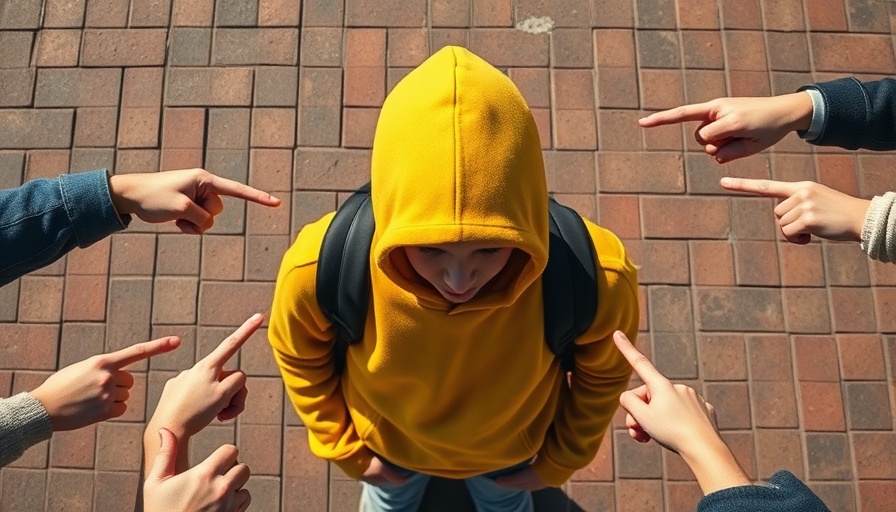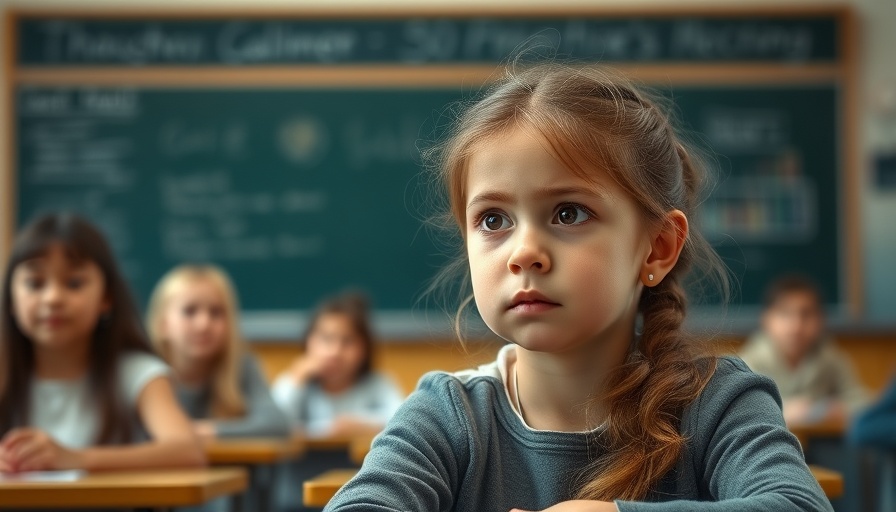
MOE's Commitment to Addressing Bullying in Schools
The Ministry of Education (MOE) in Singapore has embarked on a significant review to assess and improve its policies concerning bullying in schools, a topic that continues to evoke substantial public concern. Announced by Jurong East-Bukit Batok GRC MP David Hoe, the review aims to integrate feedback from various stakeholders including parents, educators, and community members in the ongoing discussion around effective bullying management.
The Importance of Parental Involvement
Parents are eager for greater transparency regarding how schools handle bullying incidents, particularly regarding disciplinary actions taken against bullies. This ongoing dialogue reflects a broader societal shift towards actively involving parents in their children's educational environments. It is crucial that parents equip themselves with knowledge about policies and practices, enabling them to advocate effectively for their children.
Creating Safe Reporting Channels
In recent discussions, MP Hoe highlighted the necessity of developing safe reporting mechanisms for students facing bullying. This could involve the introduction of anonymous online platforms that encourage children to report incidents without fear of retaliation. As the emotions surrounding bullying incidents can be high, ensuring a safe space for victims to come forward can significantly enhance the support they receive.
Age-Appropriate Responses to Bullying
The review also emphasizes the need for age-appropriate interventions. Mr. Hoe posits that suspensions and punitive measures may often be counterproductive. Instead, guiding students towards reflection can foster personal growth and change. Understanding the emotional components of bullying helps both the victims and perpetrators gain perspective. His approach underscores the vital need for empathy and education rather than mere punishment.
The Psychological Impact of Bullying
Bullying is not just a phase or harmless teasing; it inflicts long-lasting emotional and psychological scars. It is essential for educators and parents to understand the gravity of sustained bullying. Research indicates that victims can experience anxiety, depression, and feelings of isolation long after the incidents have ceased. Acknowledging these realities emphasizes the importance of proactive measures that educate children on kindness and respect for their peers.
Community Support and Awareness
Beyond the efforts of schools and parents, the community plays a crucial role in shaping a culture that does not tolerate bullying. Initiatives that foster understanding and tolerance should be encouraged. Local organizations, community leaders, and mental health professionals can partner with schools to provide resources and workshops that further educate children, parents, and educators about the consequences of bullying and the importance of social responsibility.
Conclusion: Taking Steps Forward Together
This ongoing review of MOE's approach to bullying presents an essential opportunity for the education system to evolve and adapt to modern societal needs. For parents, engagement in this process is vital. Advocating for transparent policies and supporting their children's emotional well-being can contribute significantly to cultivating safer school environments. Now is the time for parents to take action, participate in discussions, and ensure their children's voices are heard in this critical conversation about bullying.
 Add Row
Add Row  Add
Add 




Write A Comment